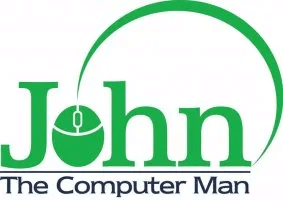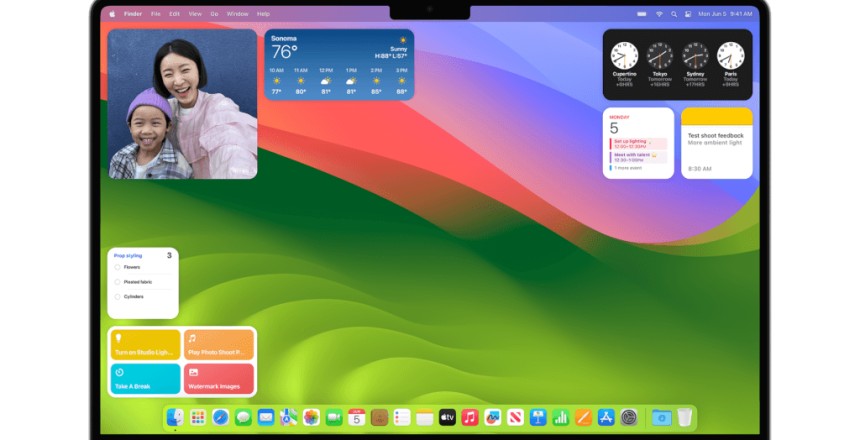Apple has been making computers for many years, but it os often difficult to match which hardware will run which operating system, so I have compiled a list in this blog post. I am limiting this list to systems that run OS X Lion, which means they can be installed from the Internet, and not from a DVD like Snow Leopard.
OSX Lion (10.7)
Lion was released in 2011 and was the first to use the App Store and was the first to use the Internet Recovery to install the OS.
You can download Lion installer directly from Apple here.
Model | Year Issued |
|---|---|
iMac5,1 & 5,2 & 6,1 | 2006 |
MacBook2,1 & 3,1 & 4,1 | 2007 & 2008 |
MacBookAir1,1 | 2008 |
MacMini2,1 | 2007 |
MacPro1,1 & 2,1 | 2007 & 2007 |
OSX El Capitan (10.11)
Every Mac between Lion and El Capitan will run El Capitan (provided there is 2GB installed) which was released in 2015. El Capitan was the last OS to use the prefix OSX.
You can download El Capitan installer directly from Apple here (10.11.6).
Due to the expired certificate, you will need to set the date of the Mac to 2016 by opening Terminal and then type date 0202020216 and then exit and then choose to Install or Upgrade El Capitan.
Model | Year Issued |
|---|---|
iMac7,1 & 8,1 & 9,1 | Mid 2007 / Early 2008 / Early 2009 & Mid 2009 |
MacBook5,1 & 5,2 | Late 2008 (Unibody) & Early 2009 (White) |
MacBookAir2,1 | Late 2008 (NVIDIA) & Mid 2009 |
MacBookPro3,1 & 4,1 & 5,1 & 5,2 & 5,5 | Mid-Late 2007 /Early 2008 / Late 2008 / Mid 2009 |
MacMini3,1 | Early 2009, Late 2009 |
MacPro3,1 & 4,1 | Early 2008 / Early 2009 (Nehalem) |
Xserve3,1 | Early 2009 |
macOS High Sierra (10.13)
Another jump, High Sierra came out in 2017 and introduced APFS. All Sierra models support High Sierra.
High Sierra installer can be downloaded directly from Apple here. You can also install from the App Store here.
You cannot use the Internet Recovery System to install High Sierra due to a bug in the downloader it cannot find or download the install files from Apple, you must either download the disk image from Apple or upgrade from the App Store.
Model | Year Issued |
|---|---|
iMac10,1 & 11,1 & 11,2 & 12,1 | Late 2009 (Core 2 Duo) / Mid 2010 / Mid 2011 / Late 2011 (Edu) |
MacBook 6,1 & 7,1 | Late 2009 / Mid 2010 |
MacBookAir3,1 & 4,1 | Late 2010 / Mid 2011 |
MacBookPro7,1 & 8,1 & 8,2 | Mid 2010 / Early 2011 / Late 2011 |
MacMini4,1 & 5,1 & 5,3 | Mid 2010 / Mid 2011 |
macOS Mojave (10.14)
Mojave was the first break from 32-bit programs and was the last to support booting from HFS+ partitions.
Mojave can be downloaded from the App Store here.
Model | Year Issued |
|---|---|
MacPro 5,1 | Mid 2010 / Mid 2012 |
macOS Catalina (10.15)
Catalina was released in 2019 and was the first to only support 64-bit applications and could only boot from APFS partitions.
Catalina can be downloaded from the App Store here.
Model | Year Issued | |
|---|---|---|
iMac13,1 & 14,1 | Late 2012 / Early 2013 (Edu) / Late 2013 | |
MacBookAir5,1 & 5,2 | Mid 2012 | |
MacBookPro9,2 & 10,1 & 10,2 | Mid 2012 / Retina Mid 2012 / Retina Early 2013 | |
MacMini6,1 & 6,2 | Late 2012 |
macOS Big Sur (11)
Big Sur was released in 2020 and was the first to support the new ARM based Macs, and apps for the iPad can run on Big Sur.
This version also updated Time Machine to use APFS instead of HFS+, so it is no longer possible to perform a full system backup or restore.
Big Sur can be downloaded from the App store here, and as an install package here (11.7.10).
Model | Year Issued |
|---|---|
iMac14,4 & 15,1 | Mid 2014 / Retina 5K Late 2014 / Retina Mid 2015 |
MacBookAir6,1 | Late 2013 / Mid 2014 |
MacBookPro11,1 | Late 2013 / Mid 2014 |
macOS Monterrey (12)
Model | Year Issued |
|---|---|
iMac16,1 & 16,2 & 17,1 | Late 2015 / Retina 4K Late 2015 / Retina 5K Late 2015 |
MacBook9,1 | Early 2016 |
MacBookAir7,1 & 7,2 | Early 2015 / 2017 |
MacBookPro11,4 & 12,1 & 13,1 & 13,2 | Retina Early 2015 / Retina Mid 2015 / Late 2016 / Late 2016 (Touch bar) |
MacMini7,1 | Late 2014 |
MacPro6,1 | Late 2013 |
macOS Ventura (13)
Model | Year Issued |
|---|---|
iMac 18,1 & 18,2 & 18,3 | Mid 2017 / Retina 4K Mid 2017/ 27″ Retina 5K Mid 2017 |
Macbook10,1 | Mid 2017 |
MacBookPro14,1 & 14,2 | Mid 2017 |
macOS Sonoma (14)
Sonoma was released in 2023 and while it adds a lot of features, it also removes conversion from PostScript to PDF.
Sonoma also drops support for all 2017 models of the Mac lines.
Sonoma can be downloaed from the App Store and as an install package here (14.4.1).
Installing on unsupported Macs
The OS installer normally checks to see if the Mac is supported by the OS before attempting to be installed, however there are a number of patches that can be installed that allows an unsupported Mac to appear to be supported by the newer OS installers and will install. These patches are provided by dosdude1:
- Sierra Patcher – Allowing machines older than Sierra to be upgraded to Sierra.
- High Sierra Patcher
- Mojave Patcher
- Catalina Patcher – Note that you may need to disable the dedicated GPU on certain models or there will be significant performance degradation when Catalina is installed.

